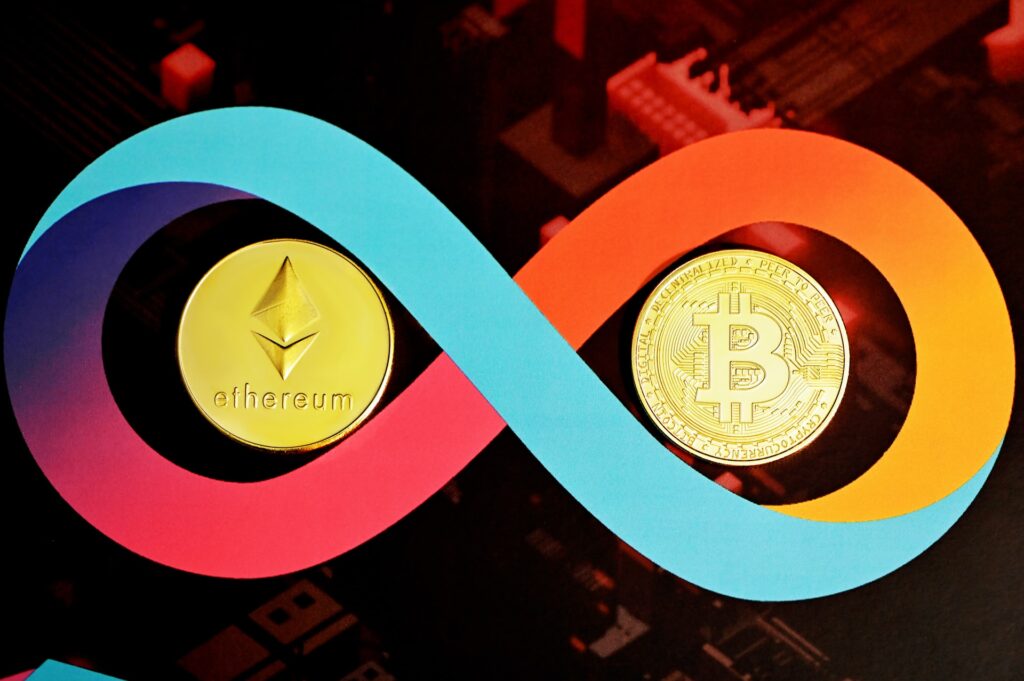
Smart contracts are used by startups and entrepreneurs worldwide because of their ability to automate action. And if you’ve read blogs on how to develop a smart contract in Ethereum. But still, feel like you don’t quite “get” the concepts, you’re not alone. It can be frustrating trying to learn this new technology on your own; however, there are ways to make the process easier. In this article, we will see if developing smart contracts on Ethereum is easy. And how beginners can create one of their own.
Table of Contents
What is a smart contract
Smart contracts are programmable codes that execute automatically when certain conditions are met. They’re written on the blockchain. This means they are distributed across all nodes participating in the network, are immutable, and are tamper-proof. Because smart contracts run without any interaction from a central party. They can be used to make business processes more efficient by reducing transaction costs and improving transparency.
How do smart contracts work
If you’re trying to understand what a smart contract is. Think of it like this: it’s not a tangible thing — it’s an agreement between two or more parties. It negotiates and enforces the terms of an agreement and binds the parties involved to those terms. The blockchain keeps track of all information and transactions made by a smart contract. And ensures the parties involved stick by the rules and stipulations they agreed upon.
Ethereum – the platform for dApps
dApps have their back-end code running on a decentralized network and not a centralized server. They use the Ethereum blockchain for data storage, smart contracts for their app logic. And a user interface to interact with users. These apps are now easier to create than ever before. Opening up a whole world of new potential use cases and opportunities for businesses to explore. But a good question can arise on developing smart contracts.
How to create a smart contract
Creating and deploying smart contracts is hard, but if you have no skills, it’s okay. However, some basic knowledge would help you reach your goal. The programming languages that are used in Ethereum are Solidity (primary) and Vyper.
One thing to remember, too. Frameworks aren’t just for developers — if you want to create decentralized applications, you can use frameworks too! Frameworks give us a way to build apps by providing us with ready-to-implement smart contracts and tools for testing and deploying dApps.
Developing Ethereum smart contracts for beginners
If you want to know how to create a smart contract in Ethereum. There are three steps to follow: code, test, and deploy.
Developing smart contracts on Ethereum takes three steps:
- Coding – code is the underlying foundation of every smart contract. It’s how developers can connect to off-chain data feeds or other dApps in their own smart contracts. Building off-chain data feeds into a smart contract can be done through open-source libraries, customizable templates, and preconfigured variables. Developers have the freedom to choose the route that makes the most sense for them.
- Testing – оnce an Ethereum smart contract is deployed onto the mainnet, it becomes immutable. This means that users can no longer amend the code of the smart contract to fix bugs. Some situations require a team to test their smart contract before deployment to test for bugs and other issues. Thankfully, every Ethereum developer has access to multiple testnets, including Rinkeby, Ropsten, Kovan, or ETC.
- Deployment – Deploying a smart contract requires spending a certain amount of money in Ethereum or ETH tokens. When you create a transaction on the blockchain, it is added to a queue of other transactions that need to be processed. If your transaction is more complex than simple transfers of crypto-assets. Then the network might take some time to process it.
Read Also:
- How to fix “Webpage has a redirect loop” showing on Google?
- Fix Google drive download limit Quota Exceeded Error.
- The impacts of IT on today’s society.
In conclusion
Smart contracts are agreements that can be verified and enforced without relying on a central authority. Ethereum smart contracts define the rules of an agreement in software. Where parties can see, confirm, and fulfill negotiation terms without risk of fraud or third-party interference. Developing smart contracts on Ethereum has become a good option for many startups. Who want to cut costs and have peace of mind when signing deals.
2 comments